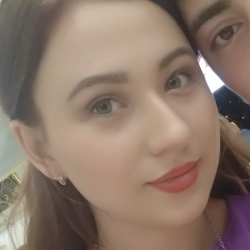Просмотр содержимого документа
«Glossary pbl»
Authentic Assessment assesses “real-life” and planning skills, creativity, knowledge integration, and collaboration abilities outside the school environment.
Coaching is a proven means for increasing performance in sports, on the job, and in life by using established methods that help individuals define goals, adjust behavior, and improve skills.
Collaboration is a joint effort of multiple individuals or work groups to accomplish a task or project.
Creative Thinking - a cognitive process of generating something new or unique that has value in a situation or context.
Critical thinking- s a kind of thinking (this applies to all items of content or problems) in which a person improves the quality of his thinking, making it an integral part of his life. It involves mastering of certain qualities of thinking and leads to the development of creative abilities in communication and solving of problem.
Driving questions- questions that guides instruction and that learners find meaningful and important. A driving question encompasses worthwhile content that is meaningful and anchored in a real-world situation.
Essential question- question that will launch a project-based learning lesson must be one that will engage students.
Project- All the things students will do in order to learn the standards encompassed by the Driving Question.
Project-based learning- is a method of teaching that presents students with a problem or challenge to solve, requires them to gather information from various resources, and asks them to come up with the original solution that ends in a product of performance.
Significant Content- significant Content is the learning material that students will be using while creating the project. If the content is insignificant, student learning and engagement can suffer.
Rubrics are authentic assessment tools designed to simulate real-life activity where students are engaged in solving real-life problems.
The coach. A coach focuses on performance. Your role is to define the task, provide training, measure success, and give feedback on performance.
The counselor. The counselor role requires that you differentiate between skill and will. People of any age can be resistant or difficult; young people can be even more temperamental. The main skill of the counselor is to listen and offer feedback if requested.
The mentor. The mentor role combines the coach and counselor roles and adds an additional element: advice and direction. But remember that the mentor role cannot be successful unless the counselor role is intact.
21st century skills- 1) skills, abilities, and learning dispositions that have been identified as being required for success in 21st century society and workplaces by educators, business leaders, academics, and governmental agencies; 2) skills required for students to master in preparation for success in a rapidly changing, digital society; 3) skills associated with deeper learning, which is based on mastering skills such as analytic reasoning, creativity, critical thinking, complex problem solving, collaboration and communication

















